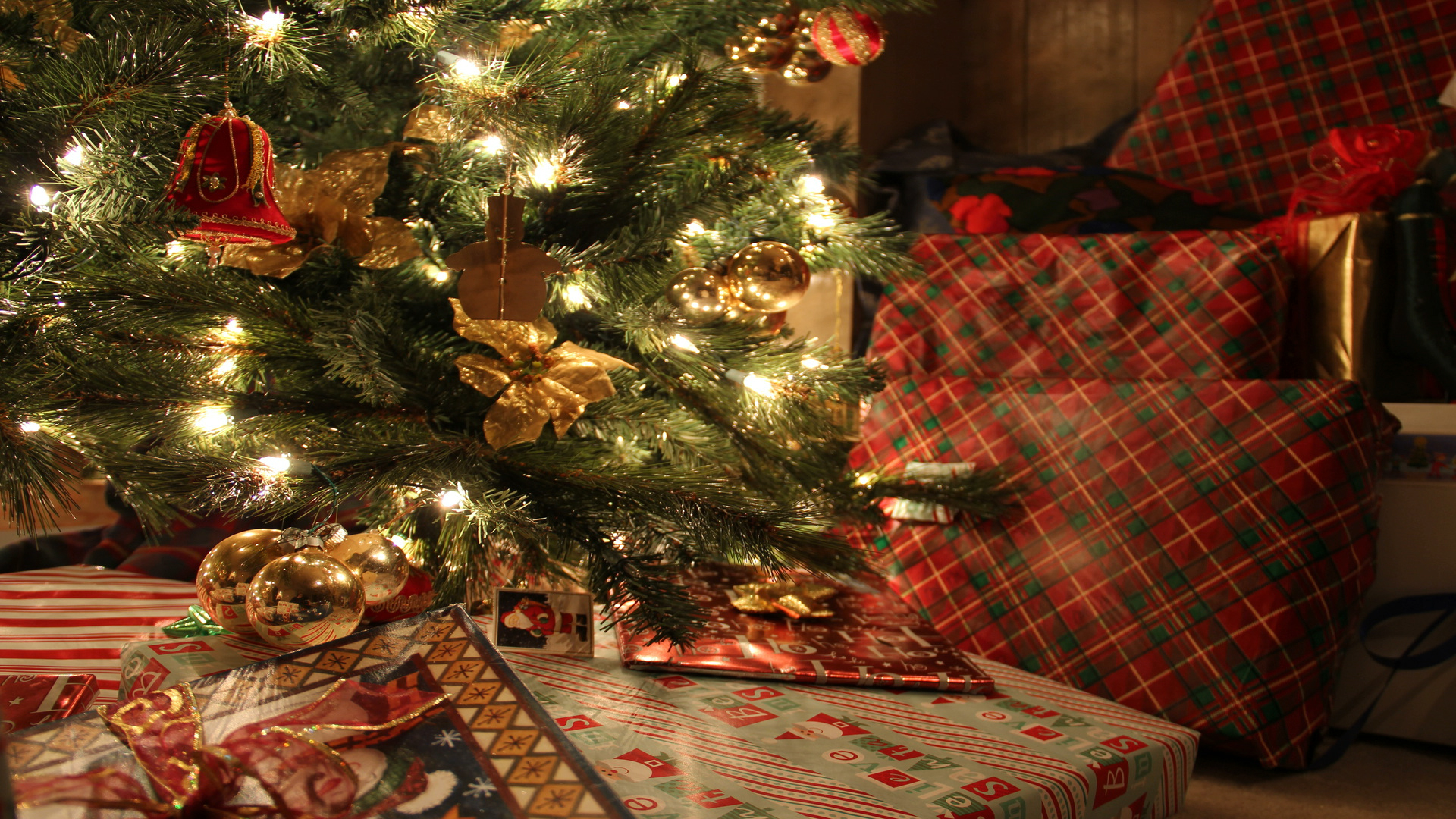You have probably noticed that even before Halloween, Christmas displays were starting to pop up in the stores. You have likely heard friends and neighbors complaining about it too – about the commercialization of Christmas and the stretching out of the holiday season, and maybe even about the Baseball season too, and how the boys of summer are now the boys of spring and fall as well.
We keep a different calendar in church, of course. We don’t recognize the World Series liturgically (or maybe at all since the Nats and the O’s didn’t make it), and Halloween is only a precursor of the two days that follow, All Saints’ Day and All Souls’ Day. And the twelve days of Christmas, at least inside our doors, go from December 25th through January 5th with Epiphany ending the season on January 6th.
Our religious preparation for Christmas, for celebrating what John’s gospel calls “the light coming into the world,” isn’t a flurry of shopping and wrapping and making and checking lists and all that goes on in the world around us at this time of year, but a month of quiet contemplation, meditating on the cycling of the year, on the intersection of time and eternity, and on whether God’s road to our hearts is straight and smooth or rough and winding. The serene blue of our vestments and hangings, the lighting of another candle each week in the Advent wreath even as the winter reaches its darkest days, and the chanting of O come, O come Emmanuel and the other O antiphons mark Advent as a season of special solemnity and mystery.
But this is not yet another complaint about how Christmas is observed outside of church. It seems that everyone in the Western World goes “Christmas Crazy” from Thanksgiving (or these days from Halloween) until Christmas, whether Christian or not, and then pulls the plug on celebrating completely on New Years’ Day. And a lot of people, including many of my clergy friends, complain loudly and somewhat bitterly about secular Christmas and the way it obscures and tramples our sacred traditions.
But not me. I love secular Christmas. I love the music and the lights and the trees and the parties and the cards and the struggle to find just the right gift for each person on your list. To be sure, I have a lot of problems with the commercialization of Christmas, and the way it distorts both the religious and the secular holiday. But I love hearing Johnny Mathis, and Fred Waring, and Nat King Cole singing about snow, and Santa, and chestnuts, and family. And I love decorating my house and seeing the gifts to the street that others make with their wreaths and lights and candles in the window. And who can resist the annual showings of White Christmas, and It’s a Wonderful Life, and Rudolph the Red-Nosed Reindeer and A Christmas Story? Or The Nutcracker, and A Christmas Carol, and Messiah in all their many versions on area stages? And I especially love the parties and family meals and surprise visits from friends to drop off a little gift and share a cup of cheer.
And the reason I defend secular Christmas so strongly is this: When you take as a whole the making our homes as beautiful as we can, and filling our homes and the streets with light against the darkness of winter, and lifting our voices in song that we all know well enough to share, and going out of our way to please the people in our lives with our most thoughtful gifts and our most delicious food and drink, then the world begins to look a lot like the reign of God the way Jesus
describes it. And when you put the solemnity and the glory of our Advent and Christmas observances in church together with the open-hearted pleasures and generosities of Christmas outside our doors together, it is easy to believe that the kingdom of God has come very near indeed, as Jesus tells us.
Jesus says that in God’s household there are many mansions. Let your home, and our church, be among their number.
Bill +


